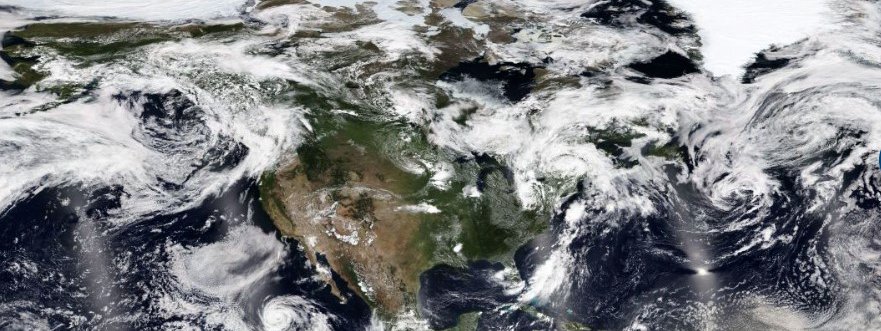Understanding the influence of clouds on global warming remains an important unsolved research problem. Cloud feedbacks are often found to be the largest uncertainty in global warming projections from climate models. This talk presents an overview of this topic, with a focus on recent observations, theory, and modeling results. After a general introduction, experiments that disable cloud radiative feedbacks or “lock the clouds” within a state‐of‐the‐art and well‐documented climate model will be presented. Through comparison of idealized greenhouse warming experiments with and without cloud locking, the sign and magnitude cloud feedbacks can be quantified. Global cloud feedbacks increase both global and Arctic warming by around 25%. In contrast, disabling Arctic cloud feedbacks has a negligible influence on both Arctic and global surface warming. Do observations and theory support a positive global cloud feedback and a weak Arctic cloud feedback? What are the implications especially for greater-than-global Arctic warming?
How do clouds affect global warming?
Host: Paul Kushner


